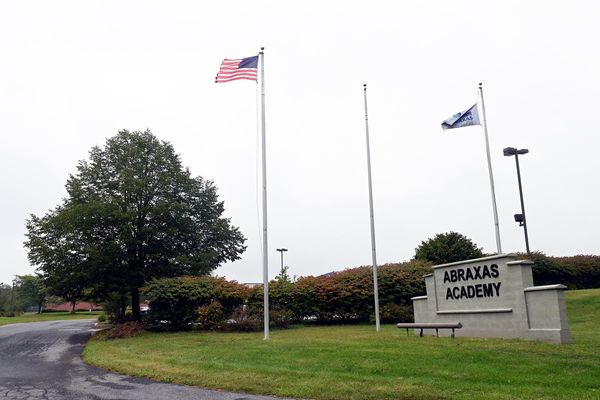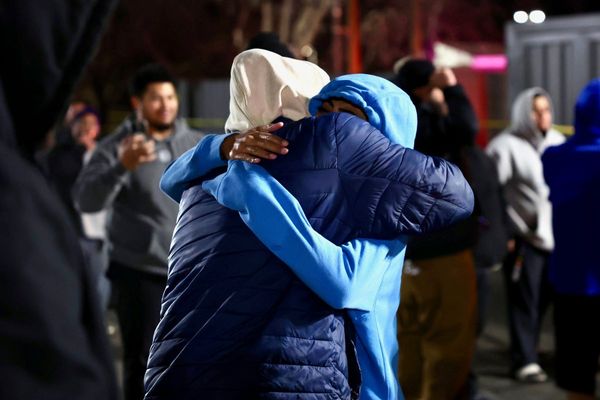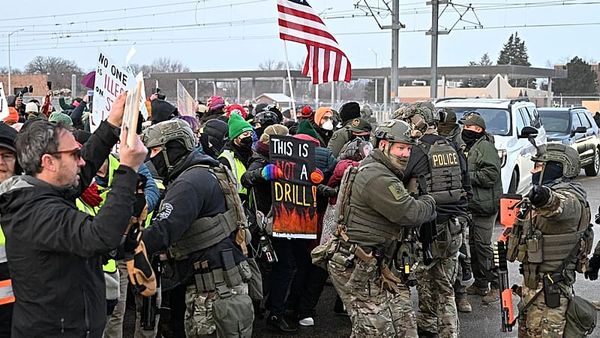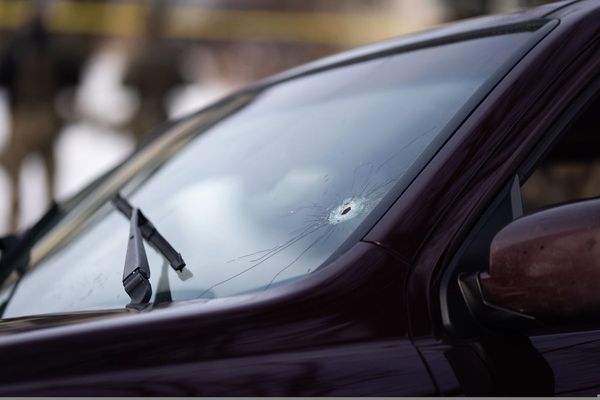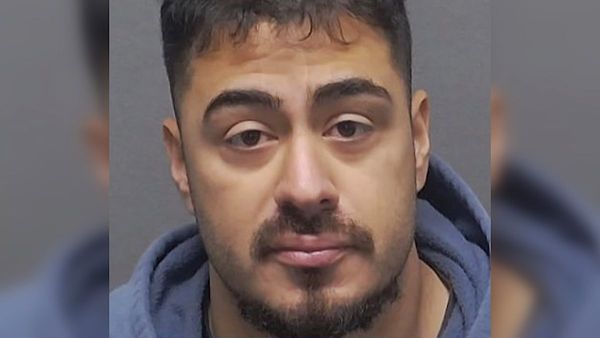
An experienced British diplomat whose body was found almost four months after vanishing from his Hampshire home had been under “extreme stress” working on the sensitive Harry Dunn case and the Covid crisis, an inquest heard.
Richard Morris, the former ambassador to Nepal, worked 15-hour shifts six or seven days a week for the Foreign Office and began to suffer from night sweats, worrying that he was going to make a mistake that could land him in prison, the hearing was told.
The father-of-three, who had a distinguished 30-year career, felt he could not take more time off, and instead needed to “man up”, the inquest in Winchester heard.
Morris, 52, led a team involved in the case of Harry Dunn, the teenage motorcyclist killed in a crash outside the military base RAF Croughton in Northamptonshire. Anne Sacoolas, the American citizen accused of causing Dunn’s death, flew home after the crash, triggering tension between the UK and the US. Morris was then drafted on to a government Covid team.
On the morning of 6 May 2020, after making his wife a cup of tea at their country home in the village of Bentley, the diplomat went for a run, leaving behind his mobile phone.
When he did not return, a search was launched, but his body was not found until 31 August in woodland at the beauty spot Alice Holt Forest, 2.5 miles from his home.
Det Insp Matthew Gillooly, of Hampshire constabulary, who led the search, admitted that an error had been made. On the second day, police searched the area where Morris’ body was later found and officers were just 100 metres from the spot. But they only searched two-thirds of the assigned sector, and so missed Morris. Police did not treat his death as suspicious.
Morris, the ambassador to Nepal between 2015 and 2019, was due to take the position of British high commissioner to Fiji in July 2020. He was excited about the role but could not prepare for it because he was pulled into the Dunn and Covid taskforces.
His wife, Alison Morris, told the inquest that her husband struggled to adjust to working in London after his return from Nepal.
“The job was busy, it was full on,” she said. In January 2020, after a stressful festive period, Morris complained that he had not had time off over Christmas and was not feeling well. His wife said he was told: “There’s a lot of it going around.” She added: “I think it felt to him he was being told to man up and be more resilient. I think that resilience is a core Foreign Office value. Later on he said: ‘If I’m not resilient, they will not send me to Fiji.’”
He was assigned to the Covid taskforce in February 2020 and found himself working weekends and 15-hour days. His wife said that from February, he “essentially had no days’ leave”.
She continued: “The responsibility of [Covid-19] weighed heavily on Richard and more than once I had to tell Richard he didn’t cause Covid. I can’t remember exactly when the night sweats started, but they were frequent.”
In late March, Morris became troubled over public travel guidance he had written. Alison Morris said: “He was extremely stressed and thought this might amount to misconduct in a public office.
“The hours got longer and when working from home he didn’t have time to eat with us. He could not sit still and would not watch anything apart from Antiques Roadshow.”
The inquest continues.
